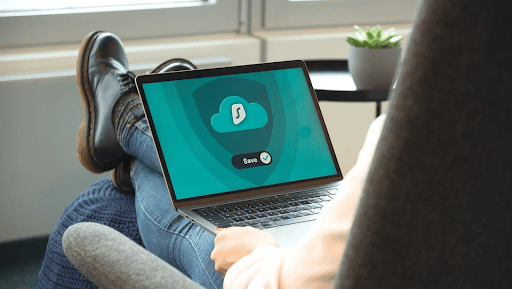Online privacy is becoming a growing concern. If you want to ensure that you remain safe and anonymous when on the internet you need to be aware of the following four privacy issues and the steps you can take to prevent problems from occurring.
Identity Theft
While identity theft has been around since pre-internet days, it has unfortunately become much easier for criminals to steal details like your name and credit card details and then commit fraud with those details since the dawn of the net. The more blasé you are about giving out your personal details online, the more likely it is that cybercriminals will find a way of accessing and stealing your details. Thankfully, you can at least make use of identity theft protection software to monitor online activity and alert you when suspicious activity is discovered.
Cookies
The word “cookies” might conjure up niceties, but HTTP cookies can actually make your online privacy vulnerable. They are a necessary part of online browsing, however. Cookies can let websites remember you and your login details and help web developers provide you with more personal and convenient website visits. But they can also track your online behavior without you knowing it. In the worst-case scenario, cookies can even allow cybercriminals to spy on you. By gaining a better understanding of cookies, you can help to keep spies away from viewing your internet activity.
Tracking Beacons and Fingerprints
Cookies are just one part of internet tracking. But web trackers can collect more information than solely what websites you have been browsing. Furthermore, websites themselves use trackers to collect personal information such as your IP address, browser characteristics, and geographic location. In addition to using cookies to facilitate tracking, websites use tracking beacons and tracking fingerprints. Tracking beacons are small transparent images that load on web pages. Beacons let websites know things like how many visitors specific web pages get. Advertisers can also use tracing beacons to find out how many impressions their ads receive. While beacons can be a privacy concern, most are not used maliciously. However, some are. For example, spammers send phishing emails with tracking beacons, so when the link in the email is opened, the tracking beacon is activated. Fingerprinting is a more complex tracking method. Instead of storing a file in your browser or on your device to identify you, your browser configurations and settings are checked.
Tracking Your Geographic Location
It is not only things like cookies that can track your geographic location. Many online users set themselves up for privacy issues without knowing it by letting others know where they are located. If you share online content, either written or visual, that tells people where you are located, it will be easier for anyone to know where you are based. Furthermore, social media apps, Google Maps, and plenty of other apps and websites actually ask you for your location. You may think nothing of it when you click on accept for the site to track where you are located, but by letting the world know where you are, you are leaving yourself open to malicious intentions. Providing your location online is a risk you should not take.
How to Address Online Privacy Issues
While the above may sound somewhat alarming, you need to be aware of online privacy issues so that you can take steps towards preventing them. One of the best ways of stopping websites and others from tracking your online activity and preventing them from accessing your IP address and geographic location is to use a virtual private network. A VPN gives you anonymity by creating a private network, thus making it very difficult for cybercriminals to breach your online privacy.
Another way of protecting your privacy online is to go incognito. Today’s web browsers have their own form of private mode in which your device does not save things like your browsing history, cookies, and temporary files. Chrome, use Incognito Mode. For Firefox, use Private Browsing. For Internet Explorer, use InPrivate Browsing. When you use private modes, others cannot trace your browsing history. However, your Internet Service Provider can still see your browsing activity.
While it may be obvious, it is worth pointing out that you need to use antivirus software. If there is an online privacy breach, you could become the victim of hackers. By having robust antivirus protection, you can stop hackers from taking over your device and accessing your personal information.
Finally, one of the most important ways for addressing online privacy issues is to simply become savvy. That means being aware of how protected you are when performing any online task and being very careful about what information you share and who you share it with. Being savvy also means knowing not to click on links without making sure they are trustworthy. The more knowledge you gain about internet privacy issues, the more you will know what to do to ensure your privacy is safe.

Hello, My name is Shari & I am a writer for the ‘Outlook AppIns’ blog. I’m a CSIT graduate & I’ve been working in the IT industry for 3 years.
